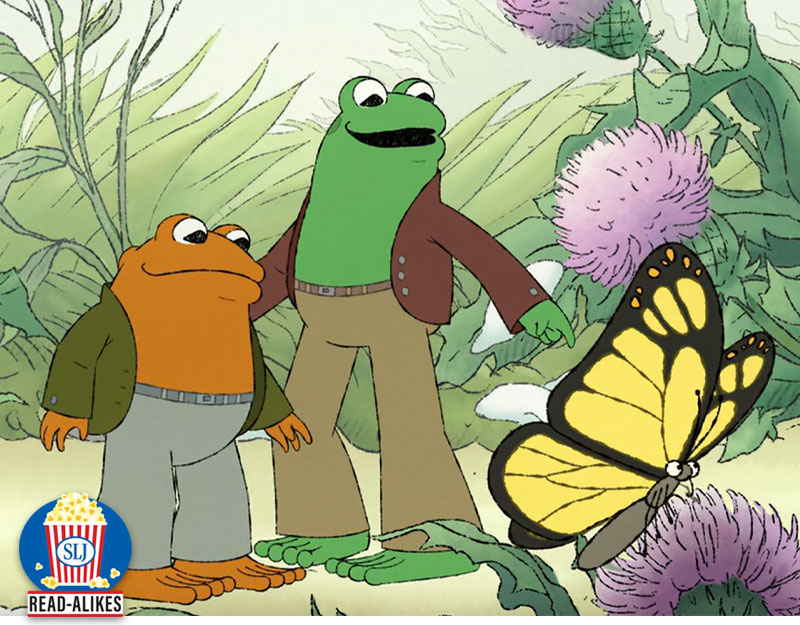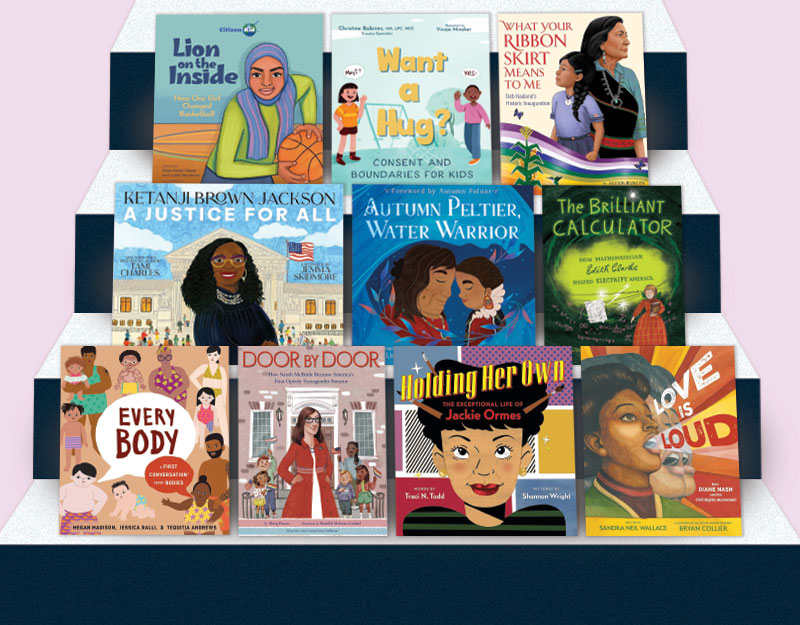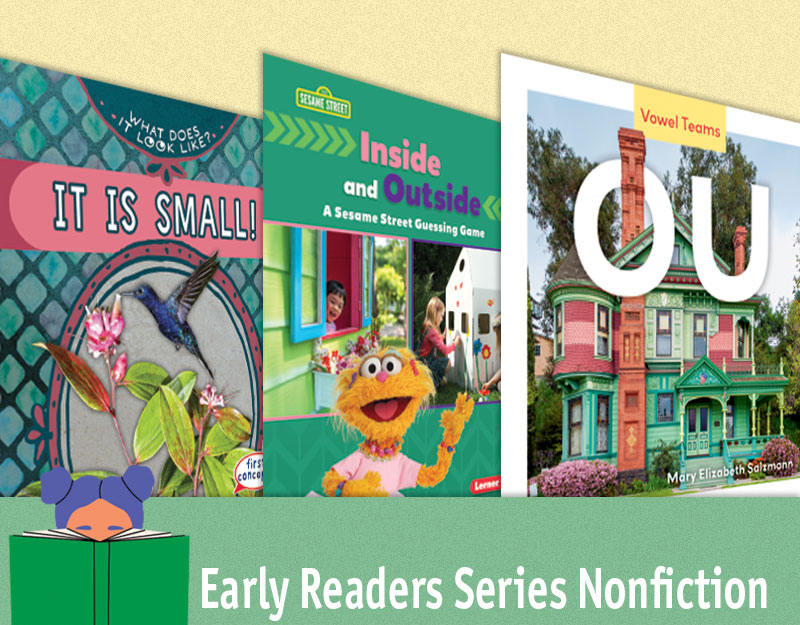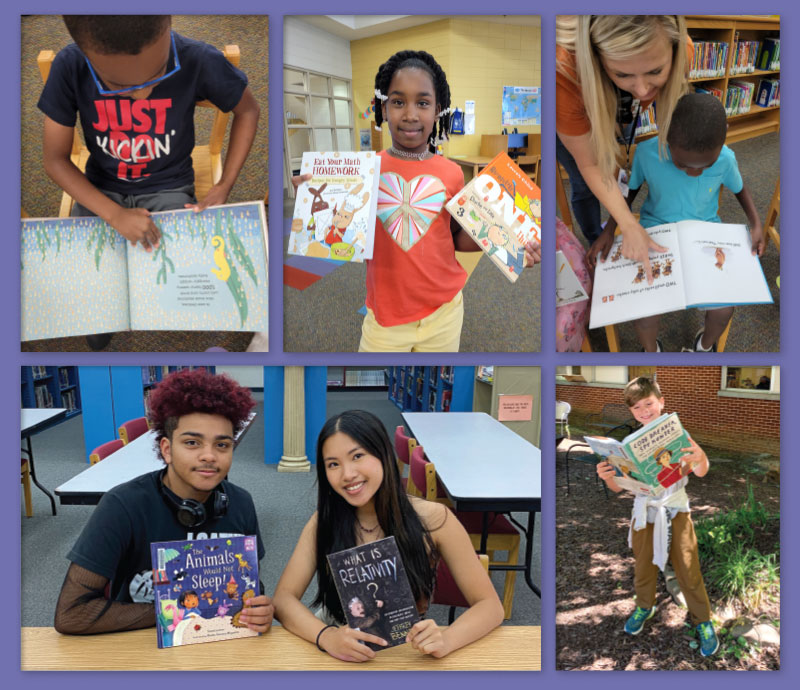A Twitter Rant: Libraries ‘have had their day’, says Horrible Histories author
Yesterday, Maria Selke tweeted me a link to an article in which the Horrible Histories author Terry Deary proclaims that “libraries have had their day.” His belief seems to be this: people should not get to check out books for free and deprive authors of royalties and profits. As the wife of an artist, I get where he is coming from. But the truth is, without libraries, people would be reading less. We would live in a less educated, less informed society. Simply stated, less people would be reading his books. It would not create the affect that he thinks it would.
So, here are some of my thoughts on the article . . .
@mselke01 @readitdaddy I have lots of thoughts. But I will begin here . . . teenlibrariantoolbox.com/2013/01/the-li…
— TeenLibrarianToolbox (@TLT16) February 13, 2013
@mselke01 @readitdaddy Why do we hate poor people so much and want to take away the tools they need to succeed?
— TeenLibrarianToolbox (@TLT16) February 13, 2013
1 in 5 children still go to bed hungry each night. Not every library circulation would translate into a book purchase. Although many patrons will read a book, love it and buy it, the reverse is not true. People have limited budgets and can’t spend money they don’t have on books, so the notion that each circulation would have been a book purchase for this, or any, author is a false equivalency. What would happen is that simply less people would be exposed to this author, his book would be read by less people. Libraries help ensure that our society is better read, better informed.
ADVERTISEMENT
ADVERTISEMENT
@mselke01 @readitdaddy Why do we want to cripple society by taking away the tools that inspire compassion, creativity, innovation?
— TeenLibrarianToolbox (@TLT16) February 13, 2013
The better educated our people are, the better we are as a whole. Books are the tools that help us develop a richer worldview, that help us develop compassion, that help us develop intellect, that help us learn to think creatively and problem solve. When we sit down and read a book, we aren’t simply passing an hour or two, we are learning and growing. The more we read, the more we grow. There are so many benefits to giving people access to books – for us all. Democracy and free thought are dependent on access to a wide range of information. When education of the few suffers, it affects us all.
@mselke01 @readitdaddy libraries are like test drives, if people like your book and have the means – they buy them.
— TeenLibrarianToolbox (@TLT16) February 13, 2013
While not all book circulations will equal a book purchase, libraries expose a larger audience to your work and some of those who read your work will go out and buy it. I don’t buy books I haven’t read, I want to know that it is something that I want to keep and own and cherish and re-read. Like many, I am living on a very limited budget, so I have to be selective about the books that I buy for my own home.
@mselke01 @readitdaddy Also, libraries end up buying multiple copies of books the more they are read.
— TeenLibrarianToolbox (@TLT16) February 13, 2013
The truth is, if his books have high circulation, it also means that they are getting purchased multiple times by libraries. Books fall apart with frequent use. They come up missing. Sometimes demand is so high we buy multiple copies from the get go. There are some books I seem to replace every year.
@mselke01 @readitdaddy Art museums, galleries, libraries – they are founded on the belief that art improves humanity, makes us better
— TeenLibrarianToolbox (@TLT16) February 13, 2013
Throughout the history of the universe, there have been institutions that were founded to be equalizers. Recent reports suggest that in the US at least, a small handful of people hold a majority of the wealth. This creates an unbalance of power, and we have seen the negative effects of this imbalance throughout history. Art galleries, museums, libraries . . . these institutions are founded on the principle that access to the arts helps to break down that imbalance and gives those without the means to do so on their own to try and make a better life for themselves and their families. It gives us all some equal footing. And the more of us that succeed individually, the more we succeed as a whole.
The day we no longer need libraries is the day in which everyone has the means they need to buy all the books that they want, eat all the meals that they need, and get all the education that they desire without any financial impediments. I don’t really see that happening any time soon.
So here’s what happens in the library. Kids and teens are given an assignment in school, either to read a certain book, say To Kill a Mockingbird, or to write a paper or do a project on a topic. Some of these kids are wearing clothing bought at thrift stores, they are going home to empty homes because their parents are working 2 and 3 jobs to try and make ends meet, and the only meal they will have that day is the free or reduced breakfast and lunch they get at school. There are no computers at home, no internet access to go find what they need. There is no going to the bookstore to buy the book because if you don’t have money for food, you certainly don’t have the money to buy the 5 books you need to write your report or the one copy of To Kill a Mockingbird that you need. So you go to the library and work hard to try and make good grades and hope you can get a scholarship or at least finish high school, graduate and get a decent job. I’ll let you go to your library and research what happens to those kids that fall so far behind in school because they don’t have access to the tools that they need to succeed, about how they drop out and then . . . well, it isn’t pretty. In fact, higher education rates are linked to lower crime rates, among other things. Maybe you want to live in a world without libraries, without education, but I do not: “More than 3,400 murders and 172,000 violent assaults nationwide could be prevented if high school graduation rates were boosted by just 10 percent, a report released Wednesday says.”
Filed under: Uncategorized
About Karen Jensen, MLS
Karen Jensen has been a Teen Services Librarian for almost 30 years. She created TLT in 2011 and is the co-editor of The Whole Library Handbook: Teen Services with Heather Booth (ALA Editions, 2014).
ADVERTISEMENT
ADVERTISEMENT
SLJ Blog Network
One Star Review, Guess Who? (#202)
This Q&A is Going Exactly As Planned: A Talk with Tao Nyeu About Her Latest Book
Exclusive: Giant Magical Otters Invade New Hex Vet Graphic Novel | News
Parsing Religion in Public Schools
ADVERTISEMENT







